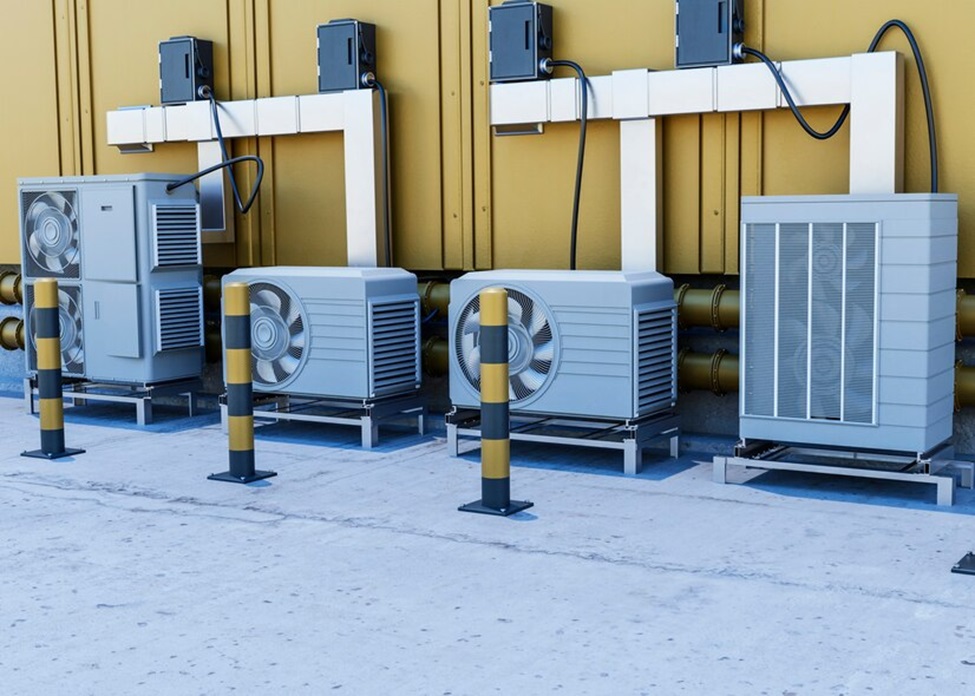Maintaining a comfortable home environment throughout the year hinges on the smooth operation of your HVAC system. This hardworking duo – the heater and air conditioner – tackles both the scorching summers and frigid winters, ensuring year-round comfort.
However, unexpected breakdowns can disrupt this comfort and leave you scrambling for solutions. While some issues may require professional attention, proactive maintenance can significantly reduce the need for HVAC repairs.
Let’s get started!
Top Tips for Peak Performance from Your HVAC System
Here are the Top Tips for Peak Performance from Your HVAC System:
Embrace Preventative Maintenance:
Scheduling regular preventative maintenance for your HVAC system is paramount. A qualified technician will perform a thorough inspection, cleaning and lubricating key components. This not only optimizes performance but also identifies potential problems before they morph into major breakdowns.
Think of it as a tune-up for your home’s climate control system, ensuring it operates efficiently and avoids the inconvenience and expense of emergency heater repair or any other HVAC repair.
Filter Finesse:
Both your heater and air conditioner rely on air filters to trap dust, debris, and allergens circulating in your home. Clogged filters hinder airflow, forcing the system to work harder to maintain desired temperatures. This not only reduces efficiency but can also lead to overheating and potential breakdowns.
Regularly replace your air filters according to the manufacturer’s recommendations, typically every 1-3 months depending on the filter type and home environment. Clean air filters not only make your home healthier, but also minimize AC repair costs because they make your HVAC system run smoothly.
Befriend Your Thermostat:
Understanding and properly utilizing your thermostat settings plays a crucial role in maximizing HVAC efficiency. Modern thermostats offer various features like programmable settings and automatic adjustments.
Program your thermostat to adjust temperatures when you’re away or sleeping, preventing unnecessary heating or cooling cycles.
Consider investing in a smart thermostat that learns your preferences and automatically optimizes temperature control for added efficiency and reduced strain on your HVAC system, leading to fewer instances of HVAC issues.
Clear the Way for Optimal Airflow:
Ensuring proper airflow throughout your home is vital for efficient HVAC operation. Blocked vents restrict airflow, hindering the system’s ability to effectively distribute warm or cool air. Routinely check for furniture or objects obstructing airflow from vents and registers.
Leaving doors open in unused rooms can also disrupt airflow patterns, forcing the HVAC system to work harder in occupied areas. Maintaining clear pathways for air circulation allows your heater and air conditioner to function optimally, reducing the likelihood of heater repair and AC repair.
Unusual Noises Can Signal Trouble:
While some noises are normal during HVAC operation, unusual sounds can indicate potential problems. Be attentive to any loud banging, rattling, or screeching noises coming from your HVAC system. These sounds could signify loose components, malfunctioning parts, or a failing blower motor.
If you detect any concerning noises, it’s best to address them promptly. Ignoring potential issues can lead to more extensive problems and the need for more complex repairs. Early intervention can save you money and ensure a comfortable home environment throughout the year.

